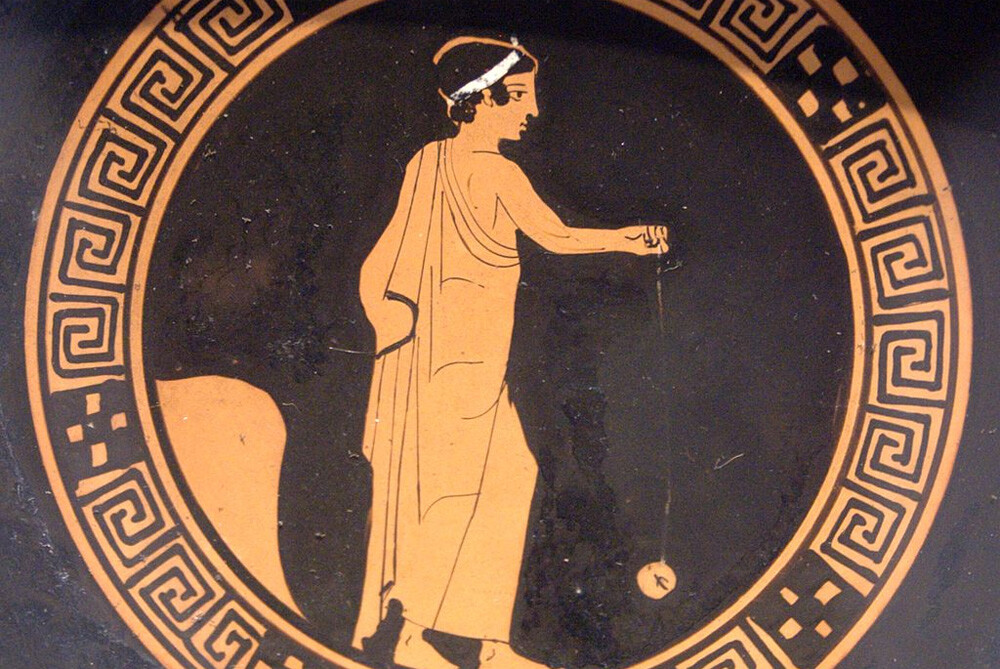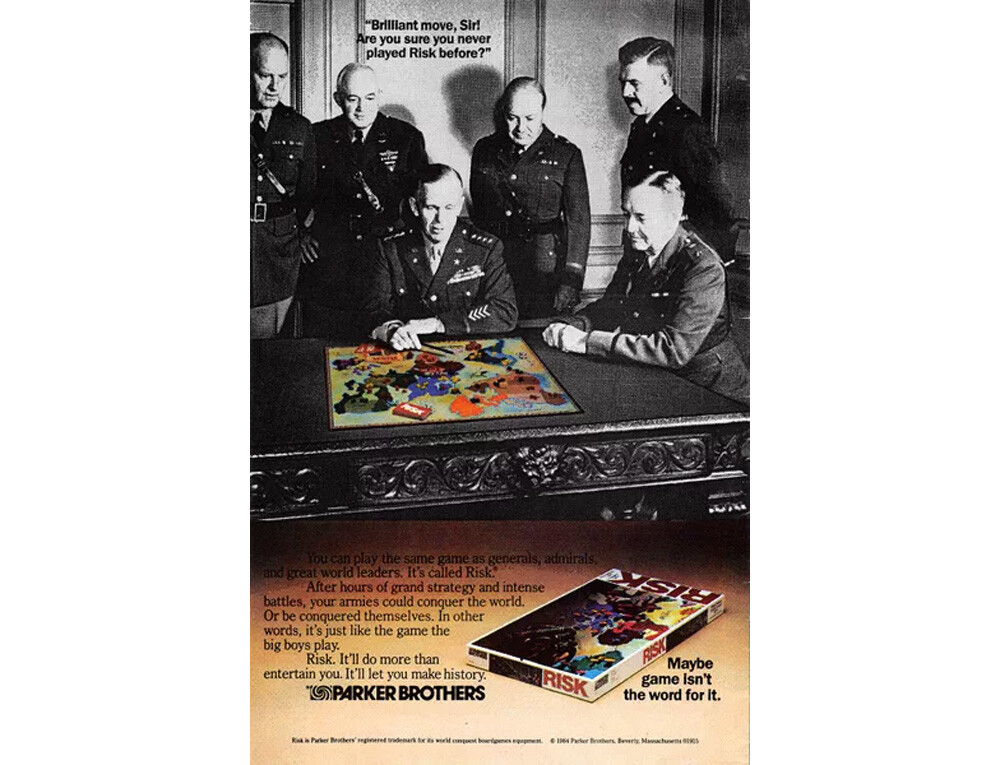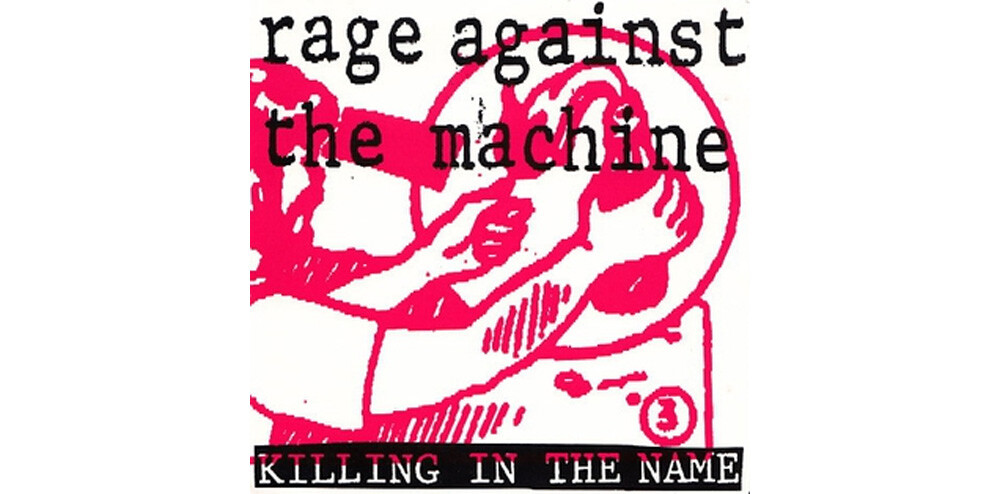5 Innocent Things Banned as Bad Influences

What do you do when your citizens come upon something new? You must ban it, obviously. New things lead to new thoughts, which lead to new actions, which lead to your downfall. New things also have direct physical effects, which can lead to the end of the world. The exact science may be uncertain, but that was no obstacle back when...
Syria Banned Yo-Yos, Thinking They Caused Drought
In 1933, Syria was suffering from drought. Syria often suffers from droughts, actually, and even its baseline level of precipitation is a touch on the dry side, but this 1933 drought was especially bad. Looking for something to blame, the country’s holy men turned to a new toy people were playing with: yo-yos. Everyone was praying to the heavens above for rain, they reasoned, and meanwhile here were yo-yos springing to the ground below, and that surely disturbed everything. And so, they convinced the head of the new government, Taj al-Din al-Hasani, to ban yo-yos.

Rain was not terribly well understood, even so many thousands of years into humanity’s recorded history with it. As late as the 1890s, farmers in America believed that rain was caused by digging into the ground. The yo-yo, too, was not well understood. At the time of this ban, international reports had to explain to people just what the toy was. It was an invention commonly known as the bandalore, according to dictionaries at the time, and had been called a “quiz” in England.
You may be tempted to laugh at the confused holy men. But shortly after the ban went into effect, the rains returned, so the holy men got the last laugh. Well, not really, since they’re all dead now, while you’re still laughing today, but you know what we mean.
Germany Banned the Game ‘Risk,’ Saying It Would Induce Feelings of Militarism
When Parker Brothers tried to bring the game Risk to Germany, not all that much time had passed since World War II had ended. Some sources say this was 1981 while others put it as early as 1962. Either way, the West German government looked at the rules of Risk and said the game could inspire imperialist and militaristic tendencies in the youth. Germans, of course, had had some history with such tendencies in the recent past.

Parker Brothers now amended the game a bit. The version that ended up coming to Germany, called Risiko, featured some mild gameplay changes, including the number of dice you roll. It also made one change in the language of the rules. Rather than “conquer” your opponent’s territories, Risiko had you “liberate” them. This met with the censors’ approval.
You see something similar today with video games. Many games in the “open world” genre follow a similar template — no matter what the premise of the game is, your goal is to clear the map, district by district. If it seems inappropriate to call this conquering the districts, the game may call it liberating the districts. Anyway, if those German censors thought games can inspire militaristic feelings in young people, we have to imagine that teaching them invasion’s fine so long as you call it liberation is a lot more harmful than letting them role-play as conquerors for fun.
The BBC Banned Desk Lamps
Below is a picture of a table lamp, a device so basic that you may never have considered it a dedicated invention created by one person. This one’s actually known as the Anglepoise lamp, and it was invented in 1932 by George Carwardine. It slightly predated the Luxo lamp (the one in the Pixar logo), and its adjustable arm made it a convenient lighting choice for desk workers everywhere.

In fact, it was a little too convenient, according to the BBC. In 1949, the network put together a standard practices manual called the Green Book (unrelated to a different American guidebook called the Green Book), and in it, they banned all BBC writers from using these individual lamps. The writers’ room must have ceiling lighting, which shined on everyone, said the new rules. If each writer had lighting of their own, that would promote a dangerous level of individuality.
Writers with lamps would pen “smut” and “innuendo,” warned the book, inspired by the light into producing “furtive” and “degenerative” programs. As a result of the ban, the British Empire lasted a few years longer than it would have otherwise. We received such BBC shows as Watch with Mother and The Good Old Days, wholesome fare whose creativity is yet to be surpassed anywhere.
China Banned Videos of Eating Bananas
Many governments of the world have tried to crack down on pornography for reasons that don’t make quite as much sense as reformers think. When the porn becomes harder to find, those left high and dry turn to other imagery for stimulation. And so, last year, China discovered the trend of videos of women livestreaming themselves seductively eating bananas. The government banned these videos with the same fury with which they ban all erotic content.
Indeed, even in the Western world, bananas were once deemed so phallic that eating them was always considered a sexual display, no matter the intention. But in the interests of covering the issue accurately, we had to seek out these Chinese videos and evaluate just how far they went. This was harder than it sounds. Many news sources reporting on the ban used the following still images, which you might consider suggestive, but which lack enough context for a proper judgment.

via BBC, Japan Times
We discovered the following compilation, parts of which might be considered too seductive by the Chinese government. Rules passed at the same time as the banana ban similarly banned stockings and suspenders as too sexy.
In time, we came upon further banana videos that — while not porn, by any conventional definition — were so erotic that we refuse to embed them here. This one appears to come from Vietnam but is no longer available on the original TikTok account, suggesting it ran afoul of the ban. Anyway, when you try searching for seductive Chinese banana videos now, genuine videos are crowded out by videos reporting on the ban, making this governmental move a more effective measure than it initially seemed.
A Town Banned All Concerts When a Neighboring Lot ‘Accidentally’ Booked Rage Against the Machine
In 1996, the fairgrounds outside Spanish Fork, Utah, “accidentally” became the venue for a Rage Against the Machine concert. At least, “accidentally” is how locals described it for a long time afterward. Apparently, the owner of the fairgrounds saw the band’s name and thought he was booking a monster truck rally. Others dispute that account, since concerts require all kinds of special paperwork that leave no room for such farcical mix-ups, but locals insisted on their version of the story, because there was no way anyone would allow such a band to come to Utah by choice.
If the band performed as planned, people might be able to hear the lyrics all the way in town, residents complained, which would inspire in them all kinds of corrupt thoughts. Or maybe the thousands of concertgoers would descend upon the town and riot. Or maybe vast segments of the audience would die in some kind of rock-related explosion, and Spanish Fork would end up legally liable.

Protesters put up a collection, each pledging $10 to buy out Rage Against the Machine and convince them to cancel. Unfortunately, if every single person in this 4,600-household town contributed, it wouldn’t add up to enough, not even at 1996 prices. In the end, the concert went off as scheduled, and no chaos ensued.
Still, the town took the precautionary measure of banning all concerts going forward. Later, they eased up on the ban, but still enforced a rule whereby the town got to review all applications carefully, to keep the most rebellious of acts from ever coming near. Which is a shame, because one thing we can agree on is that “Spanish Fork” would be a great name for a rock band.
Follow Ryan Menezes on Twitter for more stuff no one should see.